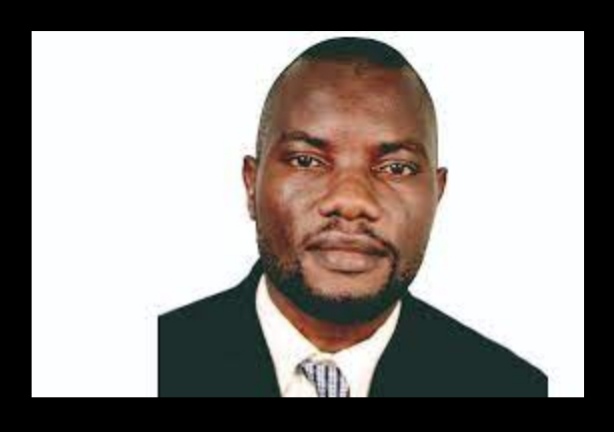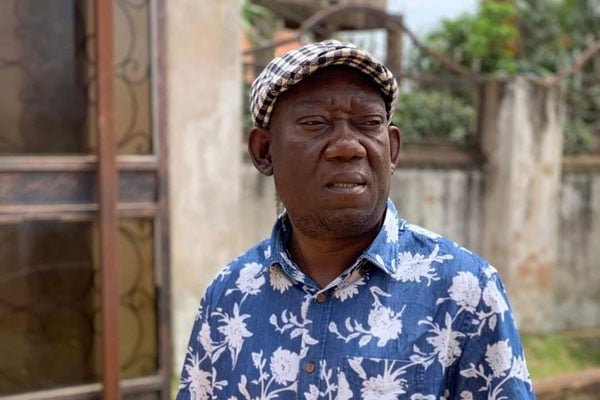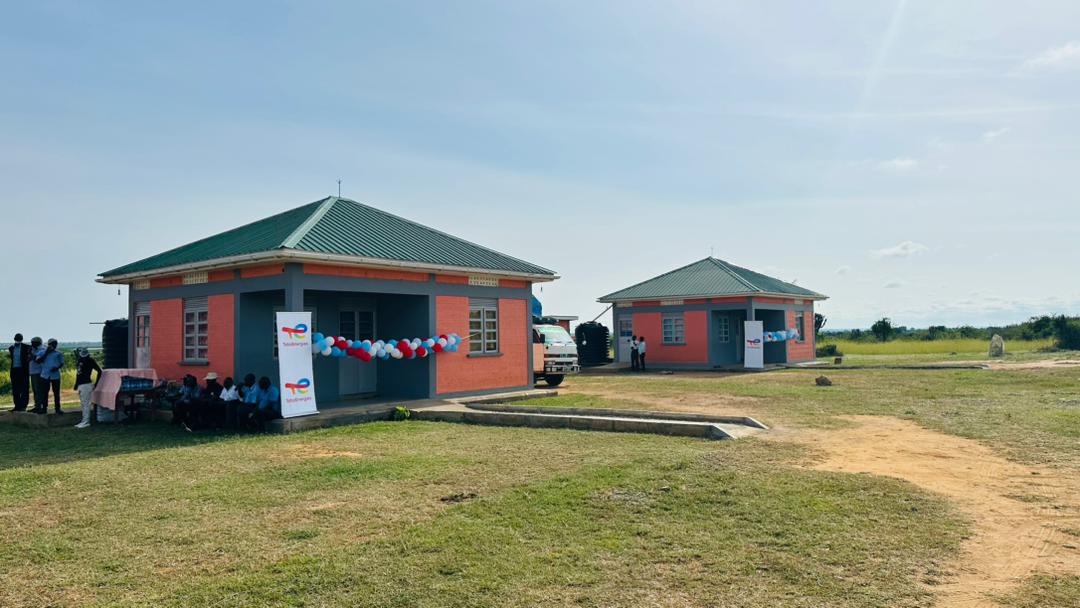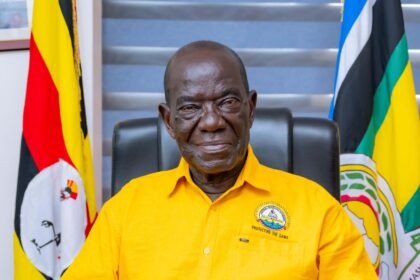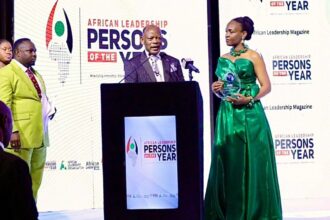Angola is pushing for a ‘Quadripartite’ of sub-regional economic blocs to press forward for an African-led effort of returning peace and stability in DRC and Sudan. The four economic blocs include the International Conference on the Great Lakes Region (ICGLR), Southern African Development Community (SADC), Economic Community of Central African States (ECCAS) and the East African Community (EAC). The effort would be coordinated by the African Union, the European Union and the United Nations.
Acting in his double capacity as the Chair of ICGLR and the African Union Peace and Security Council (AUPSC), Angolan President João Lourenço recently at a summit in Luanda asked for a proactive role of fellow leaders in containing the war crises in the regions. He updated them about the intervention progress in Eastern DRC, noting a significant reduction in hostilities following the deployment of SADC Standby Force in the previously rebel M23-held territories. The point is that the earlier deployment of the East African Community Regional Force (EACRF) in this area could hardly achieve this courageous feat alone. Also, from his experience, President Lourenco is suggestive of a similar model in Sudan.
He reported that the efforts in DRC are now focused on establishing cantonments for the rebel fighters and their families. This is significant in that due to similar circumstances in the Sudan and the DRC where breakaway factions (RSF and M23 respectively), turned guns against their main stream armies an identical approach can produce similar outcomes. It should be remembered that it wasn’t until the Angolan military deployed in Eastern DRC in April where the EACRF had camped for months that the M23 fighters seriously vacated from the contested territories they occupied to new official locations. From here, they can engage in dialogue in a freer environment than during a hot combat contest.
The same way M23 couldn’t effectively dialogue while preoccupied with consolidating occupied territories, the RSF of Sudan are also more thoughtful of protecting facilities in urban centers that are canopying them from SAF air bombardments. It is, therefore, pertinent that even if the Angolan-suggested Quadripartite effort dragged or suffered a still birth, all other efforts at domestic, regional and international levels should prioritize establishment of safe garrisons to host the RSF members whose current abodes are dangerously provoking responses from the national army that are highly risky to lives and public infrastructure. If the RSF shifts to the cantonments, the SAF will obviously largely draw back into the barracks, effectively making the capital Khartoum regain normal life. This will create a smoother environment for rational dialogue. It aligns to the global consensus that no Sudanese man or woman is worthy of this circumstantial death, displacement or exclusion due to their chosen ideological affiliations. To the contrary, every Sudanese citizen matters in the reconstruction of the broken infrastructure and nation building process.
Dr Swaib K Nsereko (PhD)
Lecturer, Islamic University in Uganda (IUIU)
Mass Communication Dept
P.O Box 7689 Kampala, Uganda
Tel: +256740994323
Do you have a story in your community or an opinion to share with us: Email us at Submit an Article



